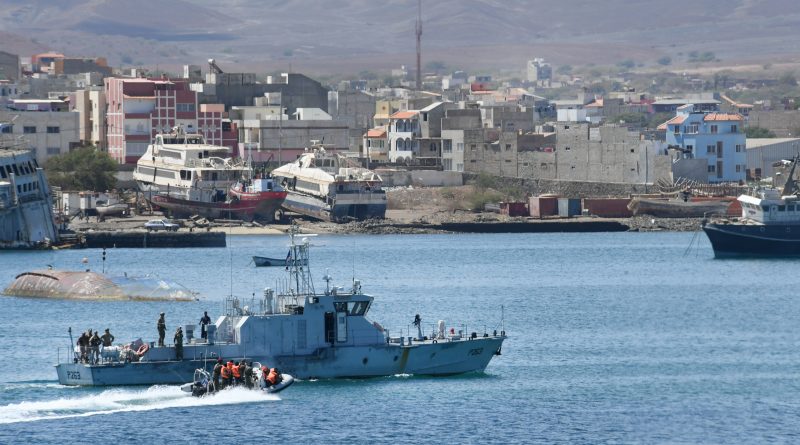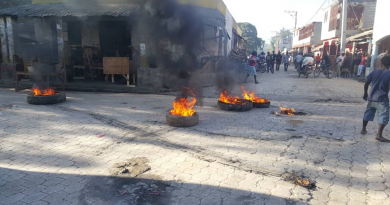Focus on Modern Piracy: Gulf of Guinea
Ariana Keshishian
Staff Writer
With at least nine vessels attacked and 89 crew hijacked for ransom at the end of 2019, the Gulf of Guinea is now considered one of the most dangerous routes for international shipping. Insurers make ransom payments to pirates in West Africa, who kidnap sailors and charge between $30,000 to $50,000 per kidnapped crew member.
London-based maritime lawyer and piracy specialist Stephen Askins says that Nigerian pirate gangs are “…now ‘maximizing returns’ by seeking to seize larger vessels in order to abduct higher number of crew,” according to Lloyd’s List Maritime Intelligence. The Gulf accounted for more than 90% of global crew member kidnappings in 2019, with 121 crew members compared to 78 in 2018.
An AP report listed “162 incidents of piracy and armed robbery worldwide in 2019, including 130 boarded vessels, 11 vessels that were fired upon — 10 of them in the Gulf of Guinea — and 17 attempted attacks.” As of December 30, 2019, two piracy groups working in the Gulf were responsible for the recent attacks on tankers and the kidnapping of crew members.
One pirate vessel was identified as the main operational ship that is used by one pirate group that use to operate offshore. Another vessel was identified from a separate pirate group used to patrol the outskirts of Nigeria’s Economic Exclusion Zone that stretches for 240 nautical miles.
“These criminal actors are using the EEZ as a cover from Nigerian forces and the international naval forces,” said Dryad Global chief executive Phil Diacon. He continued, “We are seeing a lot of local attempts to deal with piracy. A lot of people are being vocal about it, but it’s not in a lot of people’s interest to tackle the problem.”
With pirates operating on the margins of the zone, they take advantage of the ineffective co-ordination between Nigerian patrols and confusion on who has jurisdiction. The mothership has not been operating with its automatic identification satellite which was purposefully done to mask its location during attacks. Another ship, a tanker Adeline Jumbo, has also been closely observed.
Many security analysts believed that pirates in the Gulf of Guinea are using mother ship vessels to aid their operations deep offshore, reports Hellenic Shipping News. “Where acts of piracy are committed by criminal organizations in cooperation with some state actors, [piracy] becomes difficult to eradicate.”
In spite of this, West Africa has made significant progress in fighting piracy. The 2013 Yaoundé Code of Conduct aims at improving maritime security in West and Central Africa and addresses many maritime security issues, according to The Conservation. However, because labor and financial resources are scarce and maritime security is not as highly regarded as other land-based security challenges, insecurity at sea is less of a priority.
Still, by hurting activities related to the maritime environment, piracy impacts economic stability in a big way. To combat such insecurity, maritime businesses must factor in security-related expenditures to maximize the potential of the maritime environment and foster economic growth and development.



